As recently as a few decades ago, parents using the public school system had little choice where to send their children to school.
The rise of charter schools changed the education marketplace and provided new options, even for parents without the means or desire to send their students to private schools.
“Charters add more options and different models of schools to the system, which usually gives parents more choice,” former staffing director at Boston Public Schools James Bacon, who is now director of outreach and operations at the education technology firm Edficiency, wrote in an email. “In many ways, the biggest pros and cons of charter schools stem from the same fact: That in most cases, charter schools are given more freedom than traditional public schools.”
The Difference Between Charter and Public
Charter schools are publicly-funded, tuition-free schools, but they differ from traditional public schools in key ways. Comparing charter schools to public schools requires weighing a few different considerations.
First, charters have more flexibility. Rather than being part of a public school district, which dictates curriculum and standards in all schools, charters operate autonomously through individual agreements, or charters, with state or local governments that dictate rules and performance standards.
[READ: Private School vs. Public School.]
Given the ability to operate through these agreements, individual charter schools can tailor their curriculum, academic focus, discipline policy and other matters generally decided at the school district or state board level. In return for that flexibility, charter schools are supposed to be more accountable to parents and the state or local governments that authorize them.
“The flexibility that charter schools are afforded in our system means that they try different things,” says Frank Adamson, an assistant professor of education leadership and policy studies at California State University–Sacramento who has studied charter school performance.
Some schools may focus on arts or theater. Others prioritize ecology and sustainability or racial and social justice.
“Some of those approaches are more tailored toward what I consider to be the highest quality education, which are student-centered but facilitated by high-quality teachers and less so by a focus on test scores or on an over-dependence on technology in the classroom,” Adamson says.
Charter Schools Are Growing
Charters exist in 44 states and the District of Columbia, according to the National Alliance for Public Charter Schools, an advocacy group, and they have become a more popular choice in recent years.
Enrollment has more than doubled, from 1.6 million in the fall of 2009 to 3.3 million in the fall of 2018, the last year for which data is available from the National Center for Education Statistics. In that time, charter students went from 3% of all public school students to 7%.
A 2019 U.S. Department of Education study found that there was no meaningful difference between the eighth graders in charter schools and public schools when it came to math or English proficiency, as measured by the National Assessment of Educational Progress, often called “the nation’s report card.”
Charter Schools and Equity
The charter school movement, which gained prominence in the late 1980s and has been gaining ground ever since, began as a way to close the achievement gap between white and non-white students. Many charters still view that as a core mission.
But many of the same problems that plague traditional public schools are found in charters as well. New Orleans, where nearly all public schools became charters after Hurricane Katrina in 2005, still deals with the stratification of students and a pernicious racial achievement gap, says Adamson, who has studied the impact of charter schools in New Orleans.
Stanford University’s Center for Research on Education Outcomes, often called CREDO, studies charter schools extensively and what its researchers have found reflects the promise and limits of charter schools. For instance, a 2020 CREDO study in Washington state found that “in both reading and math, four out of nine or 44% of charters … do not differ significantly from the traditional public school option.”
One area where charter schools students did show positive growth in reading and math compared to their counterparts in traditional public schools was among students whose native language is not English.
Still, even though charter schools are often promoted as a gateway to educational equity for poor and minority students, research suggests they are neither the panacea that supporters claim nor the problem that critics charge, despite passionate arguments on both sides.
“Though they do not consistently find benefits to students in district schools, they rarely find the harm predicted on the basis of districts’ overall funding and costs,” Paul T. Hill, a research professor at the University of Washington and founder of the Center on Reinventing Public Education, wrote for the Brookings Institution.
Getting Into a Charter School
The schools are tuition-free and generally do not require the entrance exams, interviews or auditions that often come with private school admission. But that doesn’t mean they’re easy to get into.
Many high-performing charters draw large numbers of applications, and some use a blind lottery to determine which students can enroll. Even getting a place in such a lottery can require planning.
[READ: How to Get Into a Magnet School.]
Charters may set a deadline for applications in November, months before classes start, Adamson says. Also, how these lotteries work can differ by locale, with some areas giving advantage to families who meet certain criteria.
Education experts recommend that parents do research into the charter, visit the school and compare it carefully to the public-school alternative. Look beyond test scores and talk to educators who work at the school and parents who send their children there.
“In my experience, parents should know what matters most to them, and then ask for quantitative and qualitative data around those points if they cannot find it online,” says Bacon, who serves on the school board near his home in Wisconsin.
Quantitative data includes test scores, graduation rates, college attendance rates and similar metrics, he says. Qualitative information could include surveys that measure student and family satisfaction, the type of curriculum they use, their beliefs and their policy on discipline.
Charters and Test Scores
Both charter schools and public schools depend on test scores to show their value. Federal law has pushed traditional public schools to focus on testing, but the competitive model of charters means “they live or die on their test scores,” Adamson says.
While the pandemic has disrupted testing at both charter and public schools around the country, experts say that assessment is likely to play an important role in the systems that emerge.
Charters are schools of choice, meaning that parents choose to send their children. In order to attract those students, and thus continued support, charter schools are incentivized to achieve high test scores as a way to show their quality.
“I think the argument could be made that their accountability metrics are often tied heavily to these scores and required for them to have their charter renewed, with the threat of the school being shut down if they don’t perform,” Bacon says. “So it’s certainly something to be mindful about when exploring a charter school option.”
Searching for a school? Explore our K-12 directory.
===========================================================
Currently it appears the Pandemic is causing more disruption in elementary education. In order for Parents to assure their Children learn to become good readers we suggest they consider using Alpha-Phonics. It has been used successfully for over 38 years by tens of thousands of PARENTS to easily teach their OWN children to become excellent readers. It is simple to teach, requires only about 15 minutes daily, is always effective and inexpensive. YOU CAN DO IT !! Learn all about it below:
===========================================================





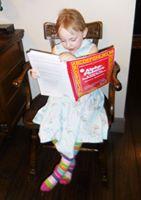
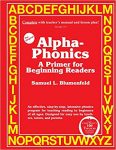








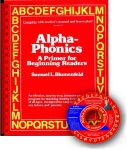





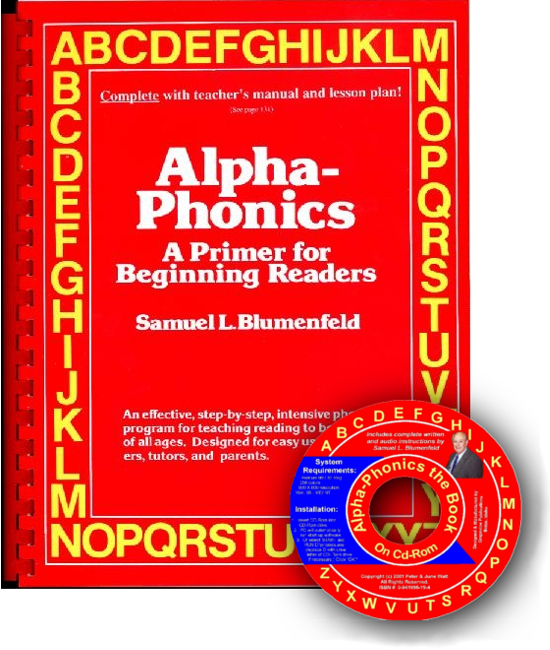 Alpha-Phonics
Alpha-Phonics The Alphabet Song!
The Alphabet Song! Water on the Floor
Water on the Floor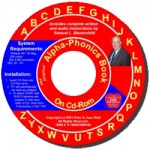 Alpha-Phonics the Book on CD Rom
Alpha-Phonics the Book on CD Rom Blumenfeld Oral Reading Assessment Test
Blumenfeld Oral Reading Assessment Test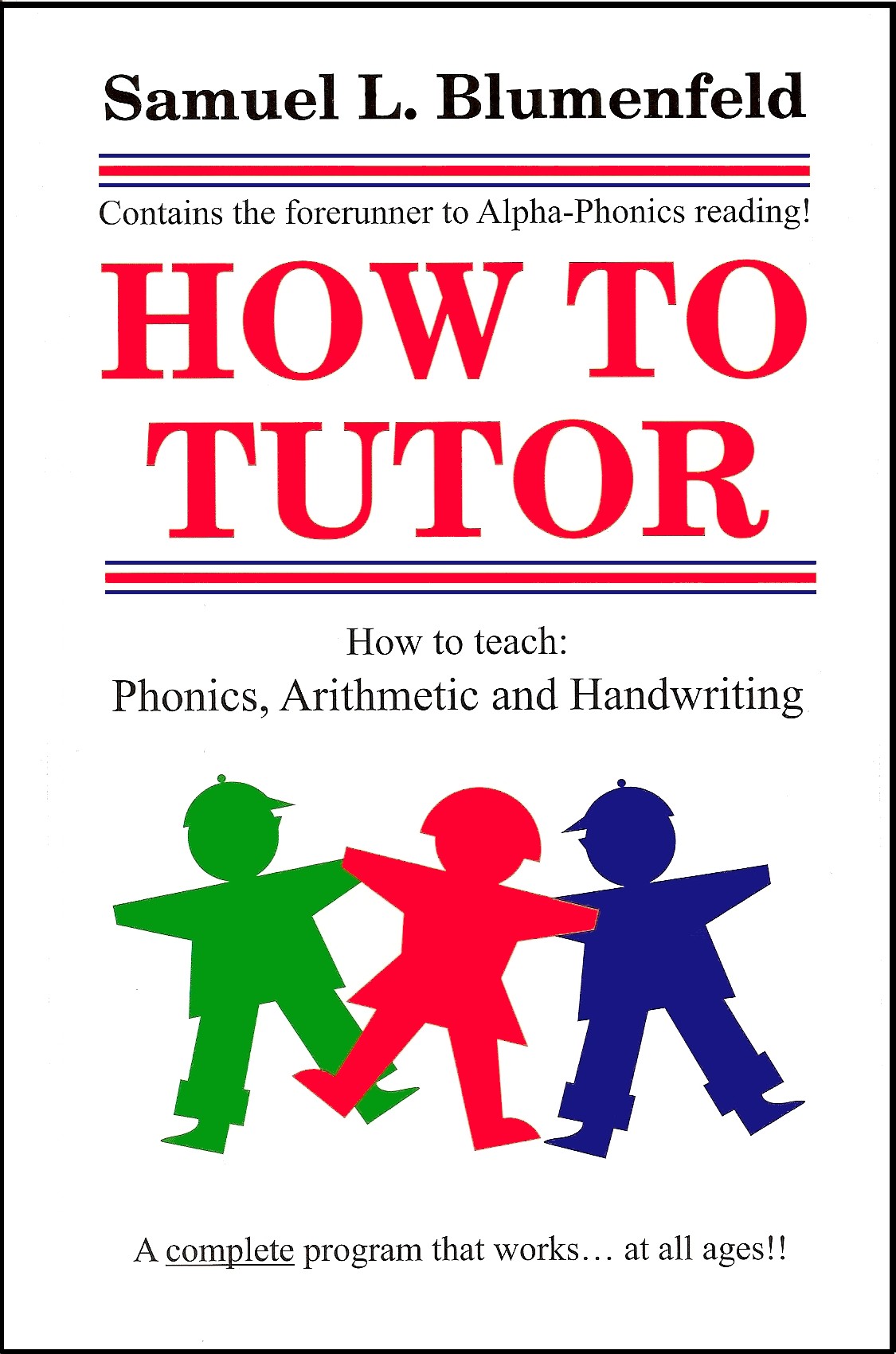 How To Tutor
How To Tutor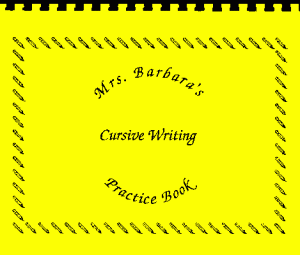 How To Tutor Cursive Handwriting Workbook
How To Tutor Cursive Handwriting Workbook
Comments